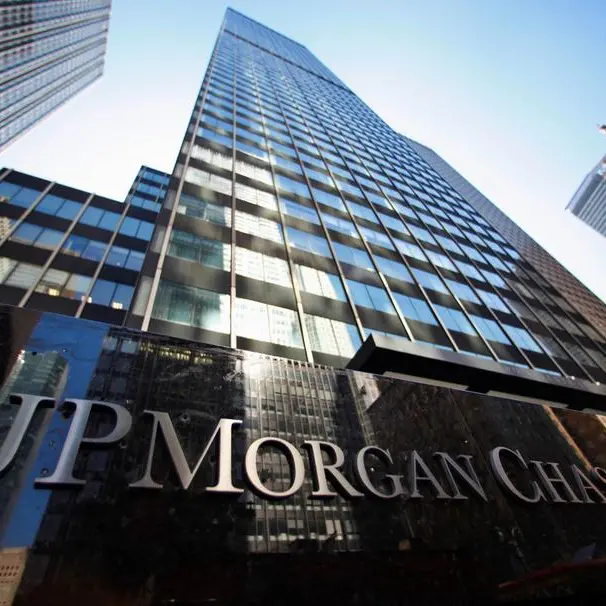PHOTO
Euro zone bond yields held steady on Monday at the start of a potentially volatile week that will include the U.S. presidential election and a Federal Reserve interest rate decision.
Germany's 10-year bond yield, the benchmark for the euro zone bloc, was little changed at 2.411%. Yields move inversely to prices.
The 10-year yield hit its highest level since July on Friday at 2.447%, having been pushed upwards in recent weeks by a rise in U.S. yields due to a strong American economy, as well as data last week showing euro zone inflation rose more than expected in October.
This week, the focus is on the United States where Democratic Vice President Kamala Harris and Republican former President Donald Trump head into one of the tightest elections in history on Tuesday.
The 10-year U.S. Treasury yield fell 8 bps to 4.279% as investors reacted to a poll showing Harris ahead of Trump in typically right-leaning Iowa ahead of the election.
U.S. yields have risen in recent weeks in part because some investors have positioned for a Trump victory and a rise in inflation due to tariffs and tax cuts.
The Fed will then set interest rates on Wednesday, and is expected to lower borrowing costs by 25 bps after an outsized 50 bp cut in September. The Bank of England is also expected to cut rates on Thursday.
"Markets are set to remain jittery while yearning for the U.S. election results," said Rainer Guntermann, rates strategist at Commerzbank.
"Volatility over the course of this week is ensured, also with Fed and BoE decisions due on Thursday."
A gauge of expected volatility in U.S. government bond markets, the MOVE index, was at its highest in more than a year on Monday as investors braced for the election and the potential for new economic policies.
Italy's 10-year yield was flat at 3.676%, leaving the gap between Italian and German yields at 126 bps.
Germany's two-year bond yield, which is more sensitive to European Central Bank rate expectations, was up 2 bps at 2.301%.
Data on Monday showed the euro zone's manufacturing sector exhibited some signs of stabilisation in October, although still contracted for a 28th month.
(Reporting by Harry Robertson; Editing by Kirsten Donovan and Bernadette Baum)





















